Chapter two of Leroy Garrett’s “What Must the Churches of Christ Do to Be Saved?” seems to be a more focused treatise of one of the main issues in his chapter one call to confess that we have been wrong about a few things. In order to “save” our group of churches, in order to preserve our witness as disciples of Jesus in a troubled world that needs us so badly, in order to maintain our effectiveness as a people of God, Garrett says we must:
Repent of our petty, narrow sectarianism.
We claim to be Christians only, but not the only Christians. That’s our heritage and one of our clarion calls for Christian unity. But my personal experience in the Churches of Christ tells me that’s not always the way we behave.
I want our people to think big — ecumenically — when they think of “the church,” for this is the biblical view. I want them to envision the Church of Christ as consisting of all those everywhere, all around the world, who sincerely follow Jesus Christ.
We can never be saved for a meaningful and viable ministry to the world and to the Church at large so long as we think of “the Church of Christ” in terms of those listed under that name in the Yellow Pages. It is typical for our folk to think of “the church” in a city like Denton, Texas to be only those that have “Church of Christ” on the sign out front. Nobody else. And we limit “the Lord’s people” to our own “Church of Christ” folk. The tragedy of this is compounded by the fact that many of our people really believe this. We are the only Christians!
There are a couple of things to consider here. One, we must re-imagine and re-cast the vision of God’s Church as a universal, eternal, catholic Kingdom of the Lord that knows no boundaries of nation or state. Christ has abolished by his death and resurrection all the barriers that separate his people. In Christ, there is neither Jew nor Greek, slave nor free, male nor female. Likewise, there are no Americans, no Mexicans, no Canadians, no Iranians or Africans or Iraqis or Chinese. The table of Jesus includes every nation, every language, every tribe, every tongue. The Kingdom of God never recognizes these earthly distinctions. And it’s high time we, too, abolish them in our ways of thinking and speaking about our Lord’s Church. To say Jesus is Lord is to say Caesar is not; to say I’m a citizen of heaven is to say I’m no longer a citizen of the Empire.
God’s Church is not an American institution! But we can sure talk like and act like it is.
Here at Central our worship center is adorned with an American flag. To our credit, there are eleven other national flags in there, too, representing the countries in which our Continent of Great Cities missionaries are located. We added the flag for Kenya in there less than six months ago to reflect our involvement in mission trips to that African nation. And that’s fine, I suppose. But wouldn’t the statement be stronger and much more effective if our worship center were decorated with the flags of all 196 countries around the globe? What if we had all 196 flags draped from our ceilings and balconies in our worship center? What if we intentionally communicated to our people and to all who would wander in to our building that when we come together as the people of God, we are part of something bigger than us, something greater than our own man-made borders, something huge and eternal and world-wide? There are disciples of our King in every country of the world. We should recognize that and be proud to be a part of that universal family of God.
I’m not sure Garrett had all that in mind with this second chapter. This is just something I think about all the time.
The other thing to consider, and this is more along the lines of Garrett’s particular call, is that we must actively embrace and partner with Christians of other flavors.
We have been sold a bill of goods by well-meaning but misguided leaders of the past who have bamboozled us into believing that if we have any fellowship with a Methodist or a Presbyterian then we endorse or approve of all errors in those religions. If we call on a Baptist minister to address us or lead a prayer in our assembly, then we compromise the truth and approve of all Baptist doctrine!
We don’t ask ourselves, “Then how can we sing ‘Lead, Kindly Light’ in church since it was written by John Henry Newman, a Roman Catholic bishop? In singing that hymn, do we have to approve of all that we associate with Roman Catholicism?” If we can’t have fellowship with folk with whom we differ, then we can’t be in fellowship with anyone, not even our own spouses, for we all differ on some things.
Again, I believe our problems here lie in our misunderstanding and misapplication of God’s grace. I hear quite often that we shouldn’t fellowship or “accept” as brothers and sisters in Christ those in other denominations because they are teaching error; they are wrong about some things. Who among us is right about everything?!? Who among us has every single thing perfectly figured out?!?
If I were to ask people in a Bible class or a congregation to raise their hands if they had every single bit of God’s will completely figured out, with no error, no mis-interpretation, how many would raise their hands? None. Not one person would ever say out loud that they had all the answers and were doing everything exactly right. Nobody. It would be the height of arrogance to suggest even for a minute that I had it all perfect right. We know we don’t. So what covers our shortcomings? How is it that we are still saved? How am I going to get to heaven if I admit I don’t have everything completely together? What saves me if I am guilty of mis-interpretations of Scripture or of misunderstanding a portion of God’s will?
The answer, of course, is God’s grace. We would all readily acknowledge that and be grateful for it. God’s grace covers me, it covers us, it covers the Churches of Christ in our shortcomings and sins (both of comission and omission; sorry, I couldn’t resist).
What kind of arrogance does it take to say that God’s grace covers me in my theological and church practice mistakes but not those in the other denominations? God’s grace covers me, but not the Baptists or the Presbyterians?
Yeah, right. God have mercy on us.
I also hear quite often that we cannot fellowship or accept other denominations because we have to maintain our distinctive identity as Churches of Christ. One, our Lord prayed to his Father that we would all be united as one; maybe we should at least consider his way for once. However, two, I believe there is tremendous value in our God-ordained diversity in Christ’s Body, his Church. There is a need for different and varied expressions of Christianity. It’s Scriptural. I believe Churches of Christ have plenty to offer to God’s people everywhere. We are right on many important things. But the world will not listen to us on those matters if we so offend them with our un-Christ-like exclusivism and sectarianism and mis-application of God’s grace. As my great friend Russ Garrison texted me this morning, “We need to work on the contents of the bottle more than the ‘brand’ on the label.”
We are going to have to be up front, come clean, and proclaim to the world that we have been wrong and we are sorry, and that we don’t believe that way anymore. We are going to have to say it from our pulpits, We have been wrong! and publish it in our journals far and wide. The schools of preaching and the Christian colleges must explain to our youth how we went wrong and that we are making (or have made) a mid-course correction.
It is not enough to do or say nothing, or simply to preach more on grace and about Christ. We must repent. We have a serious sin to confess.
Peace,
Allan
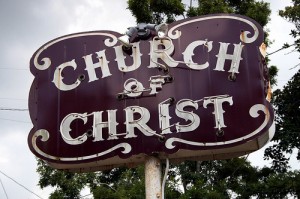
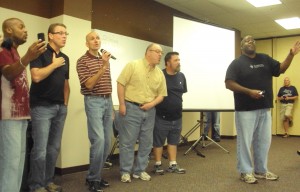
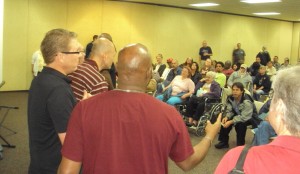
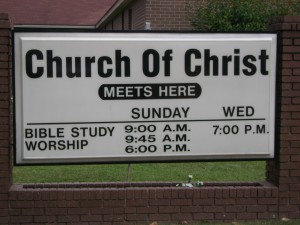










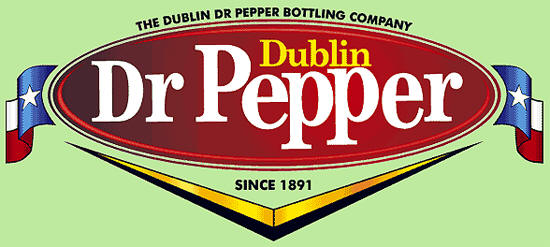

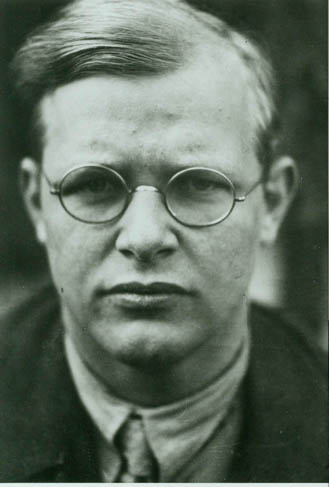


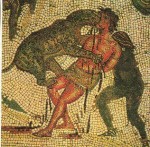
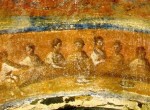
Recent Comments